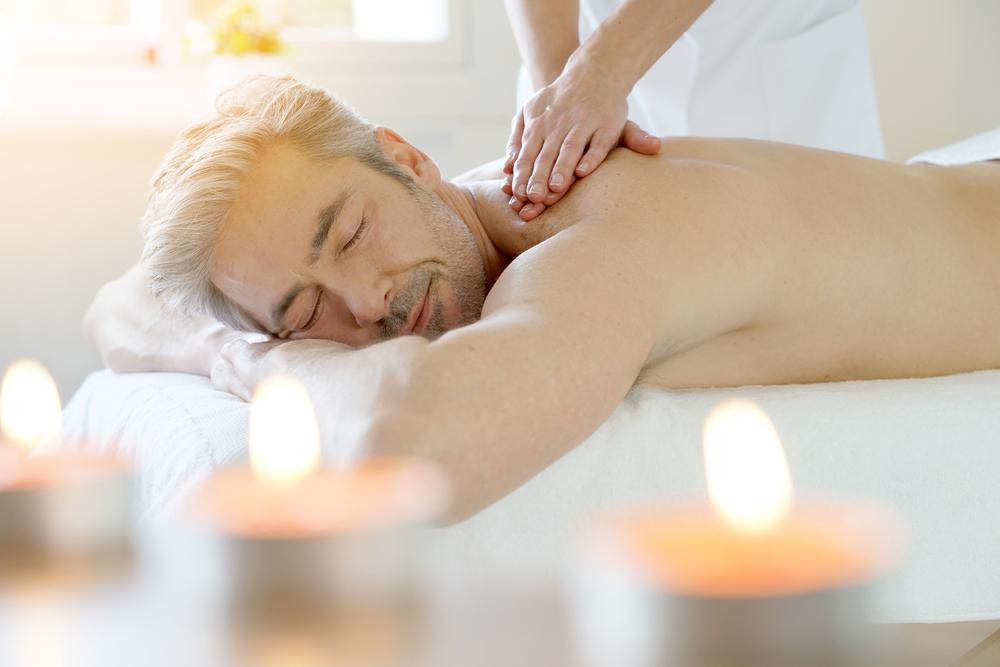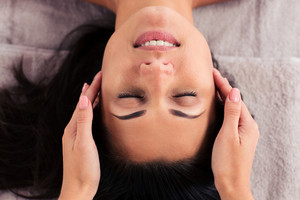Feeling overwhelmed and anxious seems to be a common occurrence in today’s fast-paced world. However, did you know that getting a massage could be an effective way to alleviate those anxious feelings? In this article, we will explore how frequently you should consider scheduling a massage to help manage your anxiety levels. By understanding the potential benefits of regular massages and finding the optimal frequency, you can take a step towards a more relaxed and centered self.
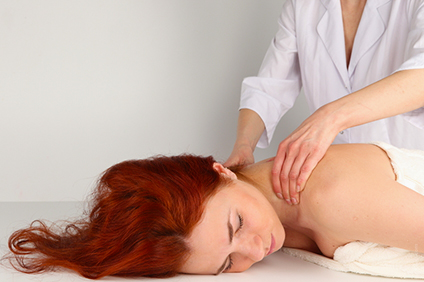
This image is property of zenmassage.net.
Factors to Consider
Severity of Anxiety
The severity of your anxiety is an important factor to consider when determining how often you should get a massage. If you experience mild anxiety symptoms on a sporadic basis, then getting a massage on a monthly basis may be sufficient. However, if your anxiety is more severe and chronic, you may benefit from more frequent massages.
Budget
Another factor to consider is your budget. Massage therapy can be an investment in your well-being, and the frequency of your massages should align with your financial means. If you have more flexibility in your budget, you may be able to afford more frequent massages. On the other hand, if you are on a tighter budget, you may need to reduce the frequency of your massages.
Availability of Massage Therapist
The availability of a qualified massage therapist in your area is another crucial consideration. If you have limited access to massage therapy services, you may need to adjust the frequency of your massages accordingly. Ideally, you should be able to find a skilled massage therapist who can accommodate your desired frequency of massages.
Individual Preferences
Lastly, your individual preferences should play a role in determining how often you should get a massage for anxiety. Some individuals may find that weekly massages provide them with the most benefit, while others may prefer less frequent massages. It’s important to listen to your body and find a frequency that works best for you.
Benefits of Massage for Anxiety
Reduced Muscle Tension
One of the significant benefits of massage for anxiety is reduced muscle tension. Anxiety can often manifest as muscle tightness and stiffness, which can contribute to discomfort and pain. By receiving regular massages, you can help relax tight muscles and promote a sense of physical well-being.
Increased Relaxation
Massage therapy is well-known for its ability to induce relaxation. During a massage, your body releases endorphins, the “feel-good” hormones, which help counteract the stress hormones that anxiety often produces. This increased relaxation can have a profound impact on reducing anxiety symptoms and promoting overall well-being.
Improved Sleep
Anxiety can interfere with sleep, leading to insomnia or poor sleep quality. Thankfully, massages can help address this issue by promoting better sleep. The relaxation induced by a massage can help calm racing thoughts and promote a more restful night’s sleep. By incorporating regular massages into your routine, you may find that your sleep improves, allowing you to wake up feeling more refreshed and ready to face the day.
Enhanced Mood and Mental Well-being
Massage therapy has been shown to have a positive impact on mood and mental well-being. Anxiety can often leave individuals feeling overwhelmed, irritable, and depressed. However, regular massages can improve mood by reducing anxiety symptoms and promoting a general sense of calm and well-being. This can have a ripple effect on other areas of your life, allowing you to better manage stress and navigate daily challenges.
Recommended Frequency for Regular Massage
Weekly
For individuals experiencing severe anxiety symptoms or those who benefit greatly from massage therapy, a weekly massage may be recommended. The frequency of weekly massages allows for consistent anxiety management and can be a valuable addition to a comprehensive treatment plan.
Bi-weekly
If weekly massages are not financially or logistically feasible, bi-weekly massages can still be effective in managing anxiety. Bi-weekly massages provide a balance between affordability and regularity, allowing you to reap the benefits of massage therapy without the commitment of weekly appointments.
Monthly
Monthly massages can be an excellent option for individuals with mild anxiety symptoms or those who prefer a less frequent massage schedule. While monthly massages may not provide the same level of immediate relief as more frequent sessions, they can still contribute to long-term anxiety management and overall well-being.
Once Every Few Months
For individuals with mild anxiety symptoms that are well-managed with other methods or therapies, getting a massage once every few months may be sufficient. This frequency allows for occasional relaxation and self-care without the need for regular appointments.
Preventive Measures
Maintaining a Healthy Lifestyle
In addition to massage therapy, maintaining a healthy lifestyle is crucial for managing anxiety. This includes getting regular exercise, eating a balanced diet, getting enough sleep, and managing stress through relaxation techniques such as meditation or deep breathing exercises. By combining these lifestyle factors with regular massages, you can optimize your anxiety management efforts.
Self-Care Techniques
Self-care techniques can be immensely beneficial in reducing anxiety and preventing its onset. These may include activities such as engaging in hobbies you enjoy, spending time in nature, practicing mindfulness or relaxation exercises, taking baths, or engaging in activities that promote relaxation and well-being. Regular massages can be an integral part of your self-care routine and enhance your overall anxiety management strategy.
Building Emotional Resilience
Building emotional resilience is an important preventive measure for managing anxiety. This can be achieved through techniques such as cognitive behavioral therapy (CBT) or developing healthy coping mechanisms. By addressing the root causes of anxiety and developing resilience, you may find that the need for regular massages decreases over time.

This image is property of images.squarespace-cdn.com.
Types of Massage for Anxiety
Swedish Massage
Swedish massage is the most common type of massage and is characterized by long, flowing strokes and kneading of the muscles. This type of massage is known for promoting relaxation and relieving muscle tension, which can be beneficial for anxiety management. The gentle pressure and rhythmic movements of Swedish massage can help calm the nervous system and induce a sense of tranquility.
Deep Tissue Massage
Deep tissue massage focuses on the deep layers of muscles and connective tissues. It utilizes firm pressure and slow strokes to target specific areas of tension and chronic pain. Deep tissue massage can be beneficial for individuals with anxiety as it can help release deeply held tension and provide relief from physical discomfort.
Hot Stone Massage
Hot stone massage incorporates heated stones placed on specific areas of the body along with traditional massage techniques. The heat from the stones is deeply relaxing and can help melt away tension and stress. Hot stone massage can be particularly effective for individuals with anxiety as it combines the therapeutic benefits of heat and massage for a deeply soothing experience.
Aromatherapy Massage
Aromatherapy massage combines massage with the use of essential oils. Specific essential oils, such as lavender or chamomile, are known for their calming properties and can help promote relaxation and reduce anxiety. The combination of massage and aromatherapy can create a sensory experience that enhances the benefits of both modalities.
Consultation with a Massage Therapist
Initial Assessment
Before beginning a regular massage regimen, it is advisable to have an initial assessment with a licensed massage therapist. During this assessment, the therapist will inquire about your specific anxiety symptoms, medical history, and any concerns you may have. This assessment will help the therapist tailor the massage treatment plan to your needs and ensure its effectiveness.
Customized Treatment Plan
Based on the initial assessment, the massage therapist will develop a customized treatment plan that takes into account your anxiety symptoms, preferences, and any specific areas of concern. The treatment plan may include a combination of massage techniques and modalities to address your individual needs effectively.
Regular Re-evaluation
As you progress through your massage therapy treatments, it is essential to have regular re-evaluations to assess the effectiveness of the treatment plan. This allows the massage therapist to make any necessary adjustments to ensure you are receiving the maximum benefit from the therapy. Regular re-evaluations also provide an opportunity for open communication between you and your massage therapist, ensuring that your needs are being met.
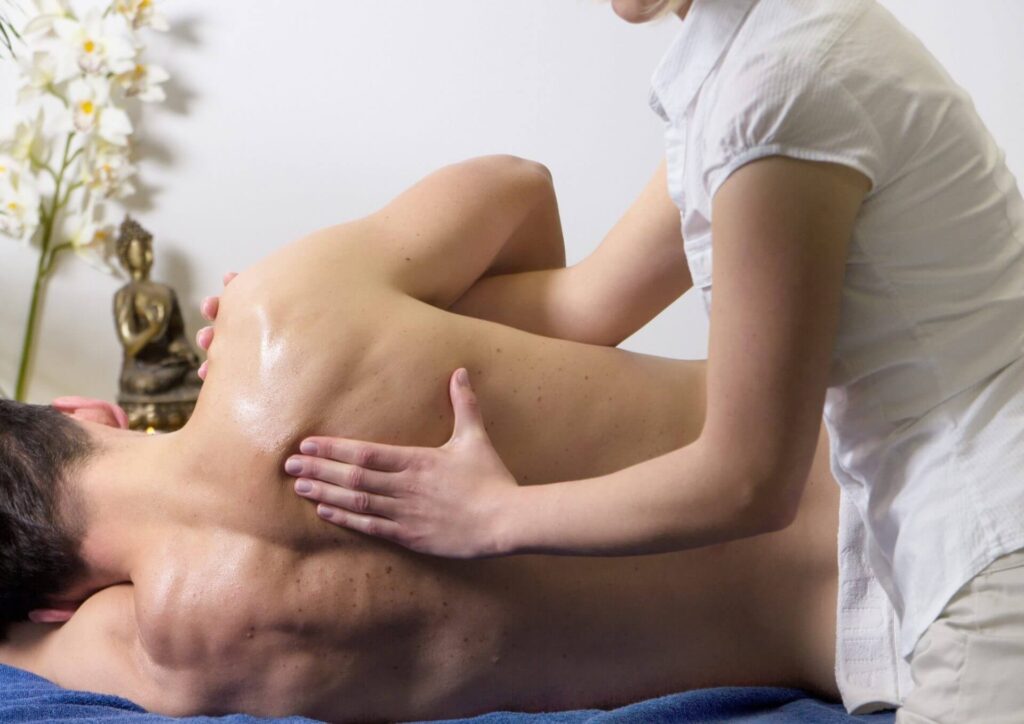
This image is property of facesspa.com.
Alternative Methods for Anxiety Management
Cognitive Behavioral Therapy (CBT)
Cognitive Behavioral Therapy (CBT) is a type of psychological therapy that focuses on identifying and challenging negative thoughts and beliefs. It can be an effective treatment for anxiety and is often used in conjunction with massage therapy. CBT equips you with the tools to better manage anxiety symptoms, reduce anxious thoughts, and develop healthier coping mechanisms.
Meditation and Mindfulness Practices
Meditation and mindfulness practices can be powerful tools for managing anxiety. By learning to focus your attention on the present moment and become aware of your thoughts and emotions without judgment, you can cultivate a greater sense of calm and reduce anxiety. Incorporating meditation or mindfulness into your daily routine can complement the benefits of massage therapy for anxiety management.
Exercise and Physical Activity
Regular exercise and physical activity have been shown to effectively reduce anxiety symptoms. Engaging in activities such as yoga, jogging, swimming, or dancing releases endorphins, which are natural mood boosters. Combining massage therapy with regular exercise can have a synergistic effect, contributing to better overall anxiety management.
Herbal Remedies and Supplements
Some individuals may find relief from anxiety symptoms by incorporating herbal remedies or supplements into their daily routine. However, it is important to consult with a healthcare professional before adding any herbal remedies or supplements to ensure they do not interact with any medications you may be taking. It is also important to remember that these remedies should be used as complementary approaches and not as a substitute for professional medical advice.
Cautionary Notes
Massage as a Complementary Approach
Massage therapy should be viewed as a complementary approach to anxiety management and should not replace any prescribed medications or treatments. It is important to work closely with a healthcare professional to develop a comprehensive treatment plan that aligns with your specific needs and circumstances.
Consulting a Medical Professional
Before starting any new treatment or therapy for anxiety, it is crucial to consult with a medical professional. They can provide guidance and ensure that massage therapy is suitable for your specific health needs and goals. A medical professional can also help you determine the frequency of massages that will best support your anxiety management.
Avoiding Massage if Certain Conditions Exist
While massage therapy can be highly beneficial for anxiety, there are certain conditions and circumstances where it may not be advisable. If you have any of the following conditions, it is important to consult with a medical professional before receiving a massage:
- Open wounds or skin infections
- Burns or recent injuries
- Fractures or severe osteoporosis
- Deep vein thrombosis or a history of blood clots
- Infectious skin conditions
- Severe bruising or swelling
Monitoring Any Changes in Symptoms
It is important to monitor any changes in your anxiety symptoms as you incorporate regular massages into your routine. Pay attention to how your body and mind respond to the therapy and communicate any concerns or changes to your massage therapist or medical professional. This ongoing monitoring will help ensure that the frequency and type of massage therapy remain appropriate for your specific needs.
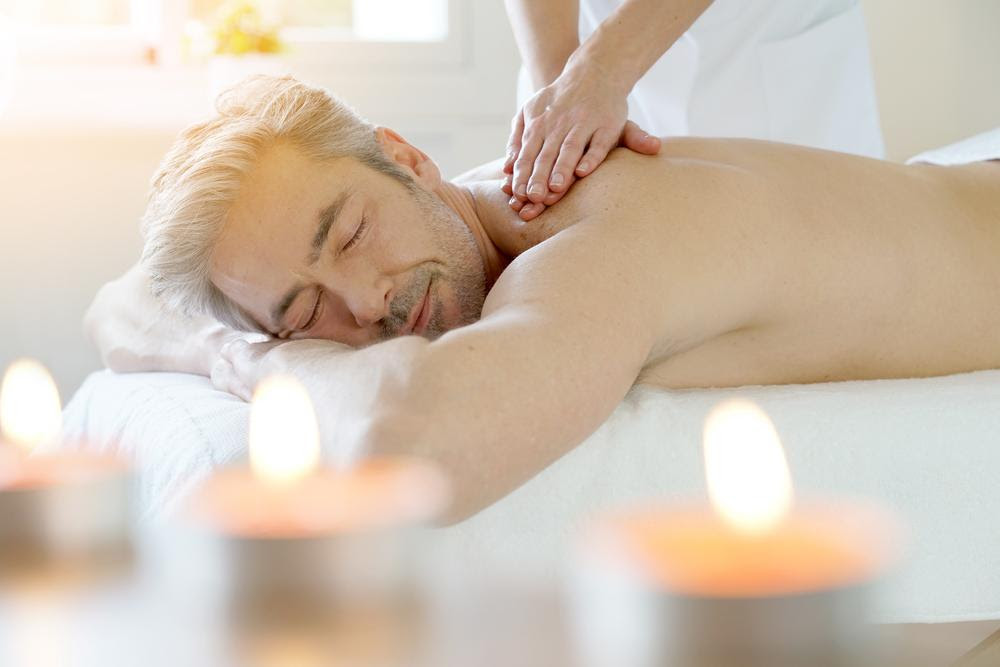
This image is property of zenmassage.net.
Conclusion
When it comes to managing anxiety, there is no one-size-fits-all approach. The frequency of massages for anxiety will vary depending on individual factors such as the severity of anxiety, budget, availability of massage therapists, and personal preferences. By considering these factors and the benefits of massage for anxiety, you can determine a frequency that works best for you. Remember to consult with a healthcare professional, listen to your body, and explore additional therapies or techniques that may complement the benefits of massage therapy. With a customized approach and a commitment to self-care, you can find relief from anxiety and promote your overall well-being.
